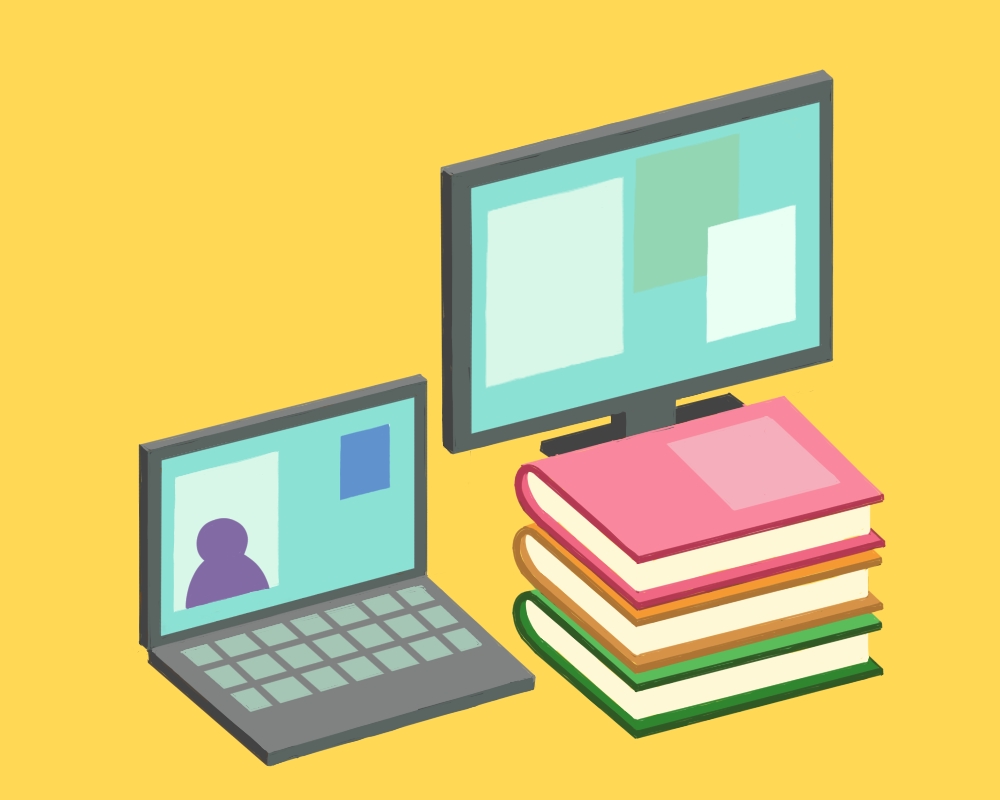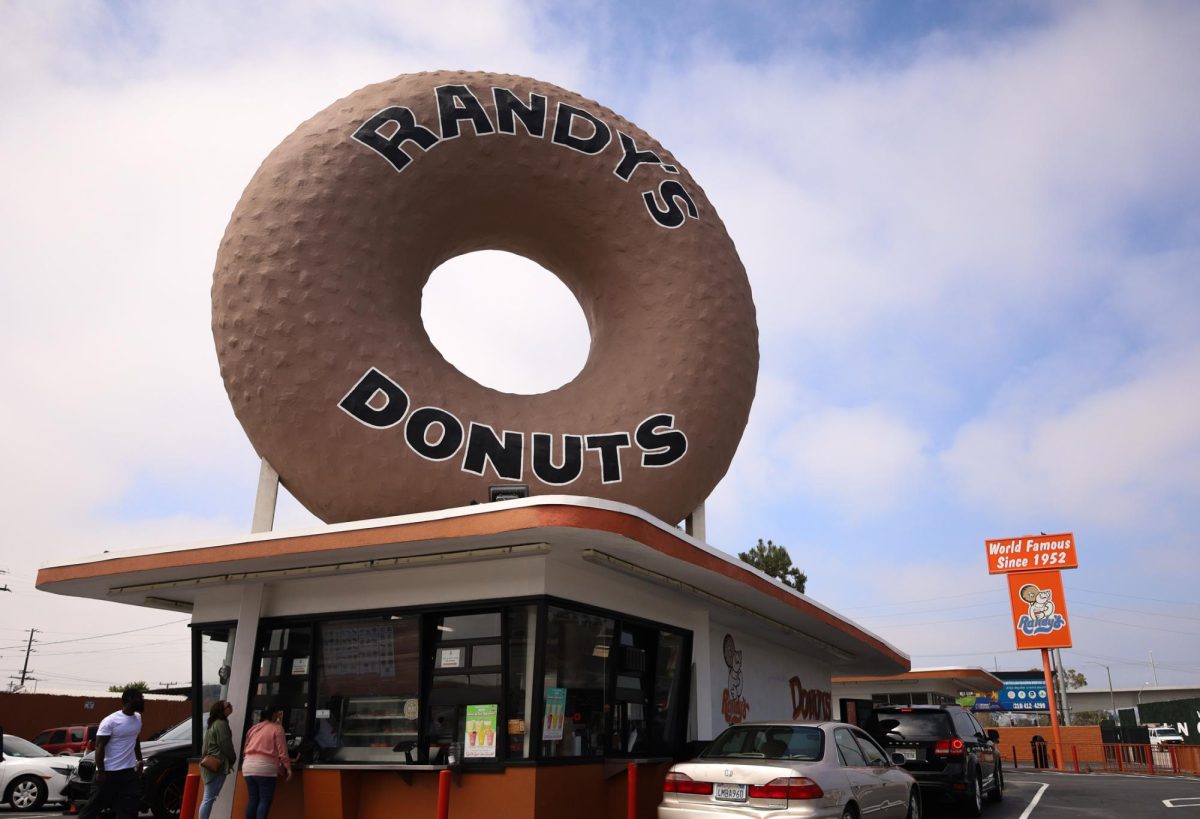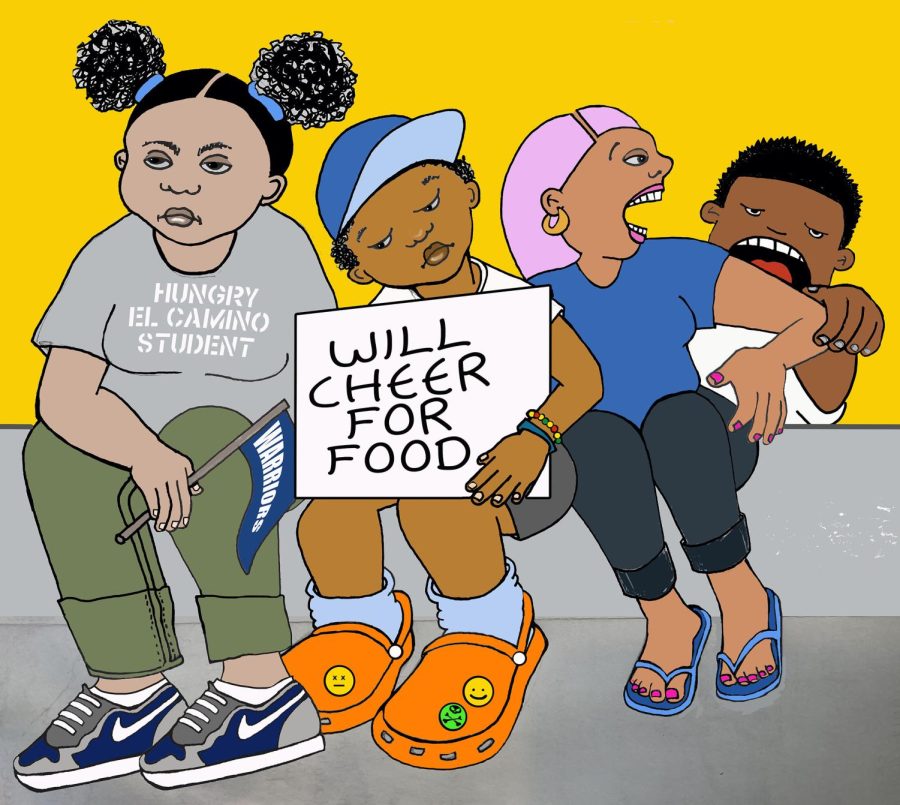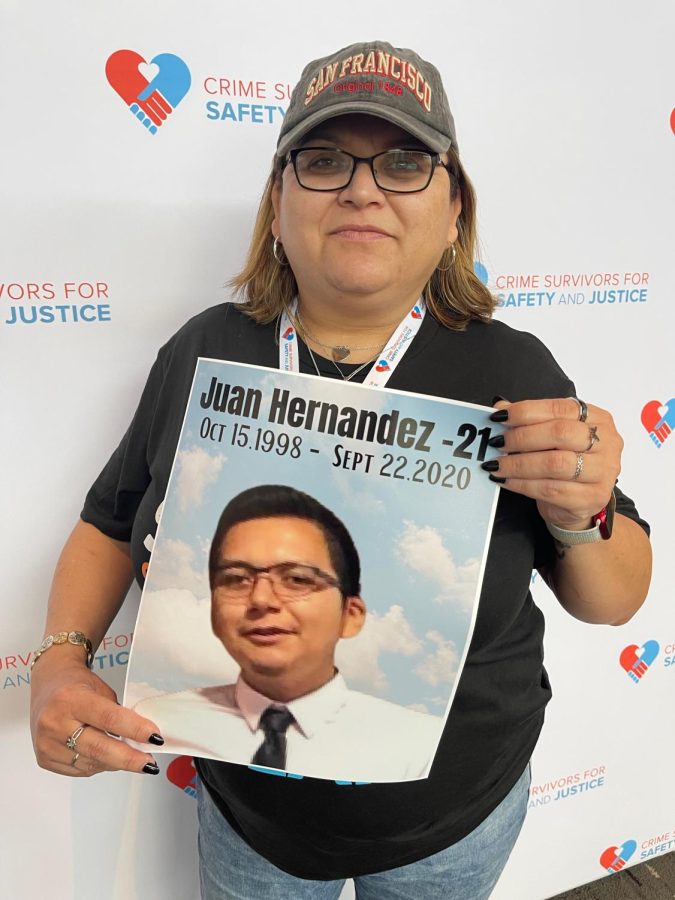For some time, EC has offered electronic music classes, but I would challenge anyone on campus to answer the question: What is electronic music?
Electronic music uses computer software to layer tracks of different kinds of music together. Electronic music is used for commercial purposes in sound tracks for film, tv, video games, and more. Jonathan Grasse, a commercial music instructor, has always been interested in using software that is available at the consumer level and that is what he teaches in class.
“The software and the hardware allow students to realize some musical ideas without them having to be Ludwig Von Beethoven,” Grasse said. “It doesn’t matter what musical level you’re at. You can still realize the imagination in real time using the equipment.”
EC offers the classes Fundamentals of Electronic Music, Introduction to Electronic Music Studio, and Electronic Music Studio. In class, Grasse typically uses software like Cubase, Sound Forge, and other Musical Instrument Digital Interface (MIDI). This software allows students to lay down their own tracks by using software sequencing, which can also be described as a multi-track recording.
“The sequencer software of multi-track is perfect for beginners to experiment with form and music to help shape their creativity and to give them more creative depth for their own inventive imagination,” Grasse said.
Most of the students who take commercial or electronic music classes are beginners, but there are also a few experienced musicians that want to take the classes to broaden or branch out to other forms of making music. Some also see the skills taught in class as a path to a career in music.
“I’m kind of like a bedroom DJ and I try producing stuff out of my house,” Shane Scully, 20, said. “At home I have the programs, before I took this class I really didn’t know how to get into it and how to use everything about it.”
Scully plans to follow up with the classes he has taken at EC with others at the L.A. Recording School. Another student, Ray Nunez, 19, is determined to have a career in music and sees the skills taught in class as a little more knowledge he can add to his repertoire.
“I’m a music major and recording major and I started playing guitar at around 8th grade. I wanted to do something in music so I’m just trying to broaden my choices for a music career,” Nunez said. “This is probably one of the most interesting things to do.”
As far as promoting, commercial music is left on the back burner. The music department at EC focuses mostly on the conventional music program, says Grasse.
“It’s an excellent applied music program with great courses which are great for a degree in music theory and vocal program ensembles,” Grasse said. “It’s understandable that electronic music and commercial music applications in the electronic vain are sort of marginal.”
Still, the electronic classes do manage to attract a wide range of students with all kinds of backgrounds.
“Students are quite literally from all walks of life: young, middle age, elderly, those with musical backgrounds, those without any musical background, those with some aspirations in a professional career in music,” Grasse said.
Categories:
Pearlson/Electronic Music
By MICHAEL PEARLSON
•
November 6, 2008
More to Discover







